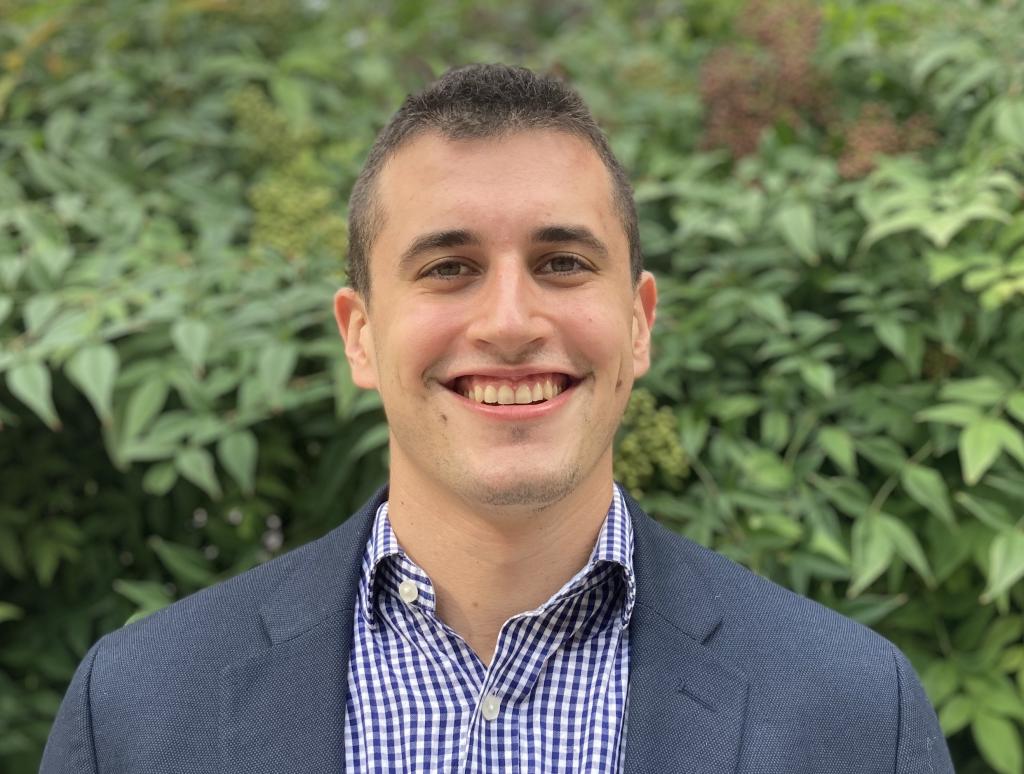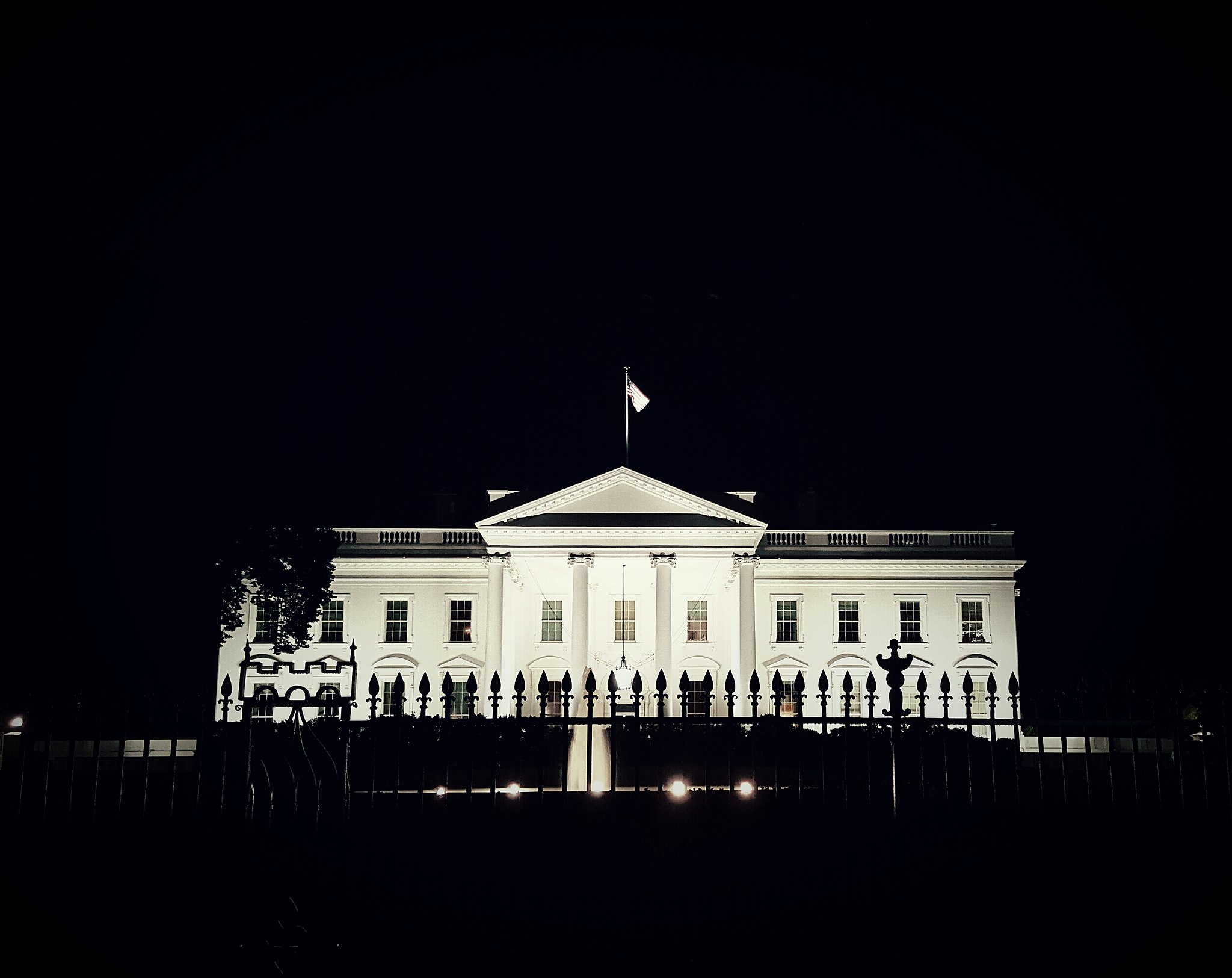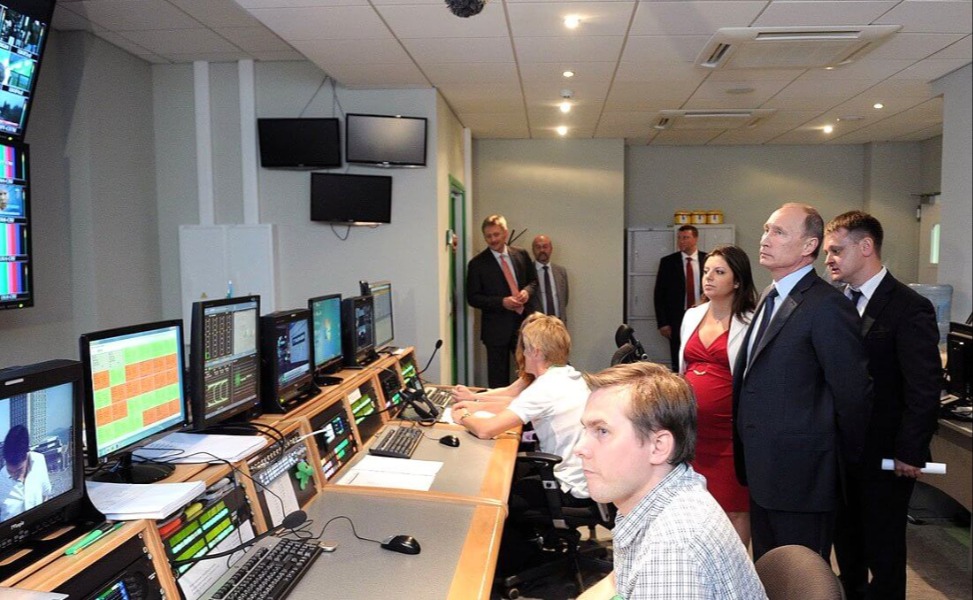The Lawfare Podcast: Lawfare Enters the Substack Discourse
Published by The Lawfare Institute
in Cooperation With

On this episode of Arbiters of Truth, Lawfare’s miniseries on disinformation and misinformation, Quinta Jurecic sat down with Lawfare’s deputy managing editor Jacob Schulz, and Jordan Schneider, host of the ChinaTalk podcast, to talk about Substack. The newsletter service is the new cool thing in the journalism world—and, like any newly popular online service, it is already running into questions around content moderation.
Jacob wrote about Substack’s content moderation policy earlier this month, and Jordan uses Substack to send out his ChinaTalk newsletter, so he filled us in on the platform’s nuts and bolts. Why is Substack so popular right now, anyway? Does it help writers step outside the unhealthy dynamics that help spread disinformation and discontent on social media, or does it just play into those dynamics further? And what might the platform’s content moderation policies leave to be desired?








